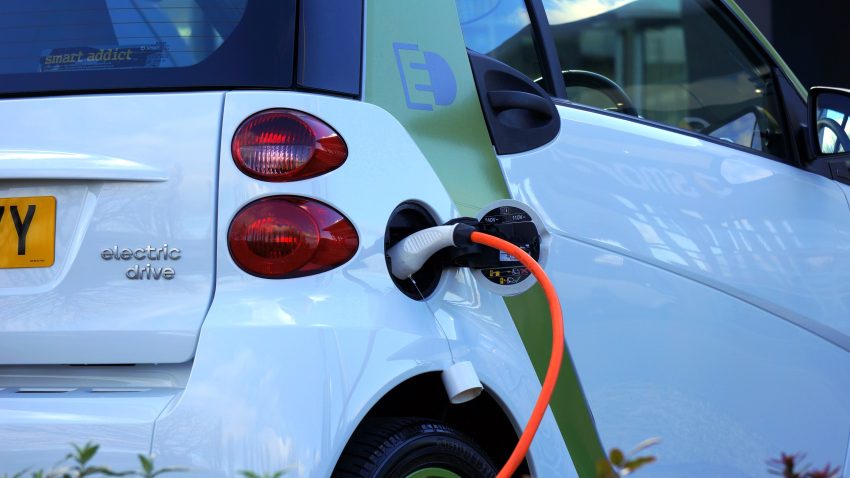As the world strives for cleaner and more sustainable transportation options, electric vehicles (EVs) have emerged as a transformative solution. With advancements in technology and a growing infrastructure, EVs are becoming increasingly popular. In this blog post, we will explore the rise of electric vehicles and their significant environmental impact. From reducing greenhouse gas emissions to promoting energy efficiency, EVs are driving us towards a greener future.
Introduction
Electric vehicles (EVs) are revolutionizing the transportation sector, offering a cleaner and more sustainable alternative to traditional combustion engine vehicles. Let’s explore the rise of electric vehicles and their significant environmental impact.
Reducing Greenhouse Gas Emissions
One of the most notable benefits of electric vehicles is their ability to reduce greenhouse gas emissions. Unlike conventional gasoline-powered vehicles, EVs produce zero tailpipe emissions. By running on electricity, primarily generated from renewable sources, EVs help lower carbon dioxide (CO2) emissions, which are a significant contributor to climate change.
Promoting Energy Efficiency
Electric vehicles are inherently more energy-efficient compared to internal combustion engine vehicles. EVs convert a higher percentage of the energy stored in their batteries into actual propulsion, while traditional cars waste a significant portion of fuel energy as heat. This energy efficiency translates into a reduced demand for fossil fuels and a more sustainable transportation system.
Improving Air Quality
The adoption of electric vehicles plays a vital role in improving air quality, particularly in urban areas. Traditional vehicles emit pollutants such as nitrogen oxides (NOx), particulate matter (PM), and volatile organic compounds (VOCs). By transitioning to electric vehicles, we can significantly reduce these harmful emissions, resulting in cleaner air and better respiratory health for communities.
Enhancing Renewable Energy Integration
The rise of electric vehicles provides opportunities for enhanced integration of renewable energy sources into our transportation infrastructure. By charging EVs with electricity generated from solar, wind, or hydroelectric power, we maximize the environmental benefits. This synergy creates a virtuous cycle, as more EVs on the road drive the demand for renewable energy, leading to increased investment in clean energy generation.
Supporting a Sustainable Future
Electric vehicles are a critical component of our journey towards a sustainable future. As we shift away from fossil fuels, EVs enable us to reduce our dependence on non-renewable resources and mitigate the environmental impacts associated with extracting and refining conventional fuels. By embracing electric vehicles, we take a significant step towards building a greener and more resilient transportation system.
Conclusion
The rise of electric vehicles marks a transformative shift in the transportation industry. With their ability to reduce greenhouse gas emissions, promote energy efficiency, and improve air quality, EVs are driving us towards a cleaner and more sustainable future. As technology advances and charging infrastructure expands, electric vehicles will play an increasingly pivotal role in our journey to combat climate change and create a greener planet.
